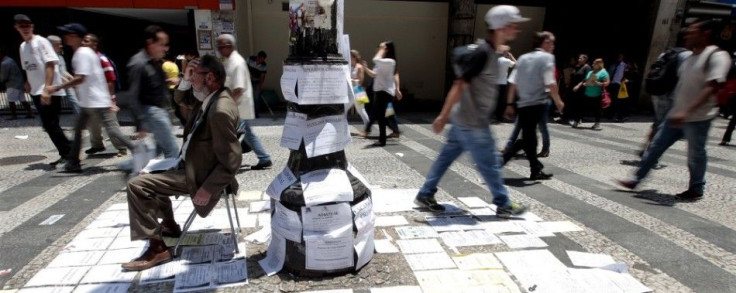New Zealand Under Fire For GCSB Spying Claims; Brazil Summons NZ Ambassador To Explain

Brazil has asked New Zealand to explain the alleged reports of the GCSB successfully spying on its effort to get Brazilian diplomat Roberto Azevedo elected as the World Trade Organisation’s Secretary General of the World Trade Organisation in 2013.
Caroline Bilkey, New Zealand’s ambassador to Brazil, was summoned by Sergio Danese, the Secretary General of Brazil’s foreign ministry, to explain the spying claims. In a statement issued by the Brazilian foreign ministry, the Brazilian government was surprised of the GCSB’s alleged spying.
Brazilian media said the government is determined to give New Zealand the chance to clarify the facts considering the friendship of the two countries. New Zealand Foreign Minister Murray McCully has confirmed in a statement that the ministry officials in Brazil have discussed the issue with their counterparts, reports the New Zealand Herald.
McCully said the New Zealand government has responded to requests for an explanation rather than setting up meetings with the governments in question. “If foreign governments want to raise issues about the assumptions being made by journalists, we will respond,” said McCully. He added that New Zealand would rather discuss in private rather than through the news media.
It was previously reported that New Zealand’s spy agency has developed an Internet surveillance system to spy on emails containing information about the candidates for the secretary general position in WTO. New Zealand’s Trade Negotiations Minister Tim Groser was also running for the same post in 2013.
The GCSB had reportedly searched for emails referring to Groser, WTO and the surnames of other candidates in what the spy agency labelled as the “WTO project.” The GCSB was accused of setting up a program to intercept the emails of other candidates from countries like Brazil, Costa Rica, Indonesia, Jordan, Kenya, New Mexico, Ghana and South Korea, reports Stuff.co.nz.
The information was based on the documents leaked by former NSA contractor Edward Snowden. The report about the GCSB spying activities was written by investigative journalist Nicky Hager and Ryan Gallagher of The Intercept.
To report problems or leave feedback on this article, contact: r.su@ibtimes.com.au





















